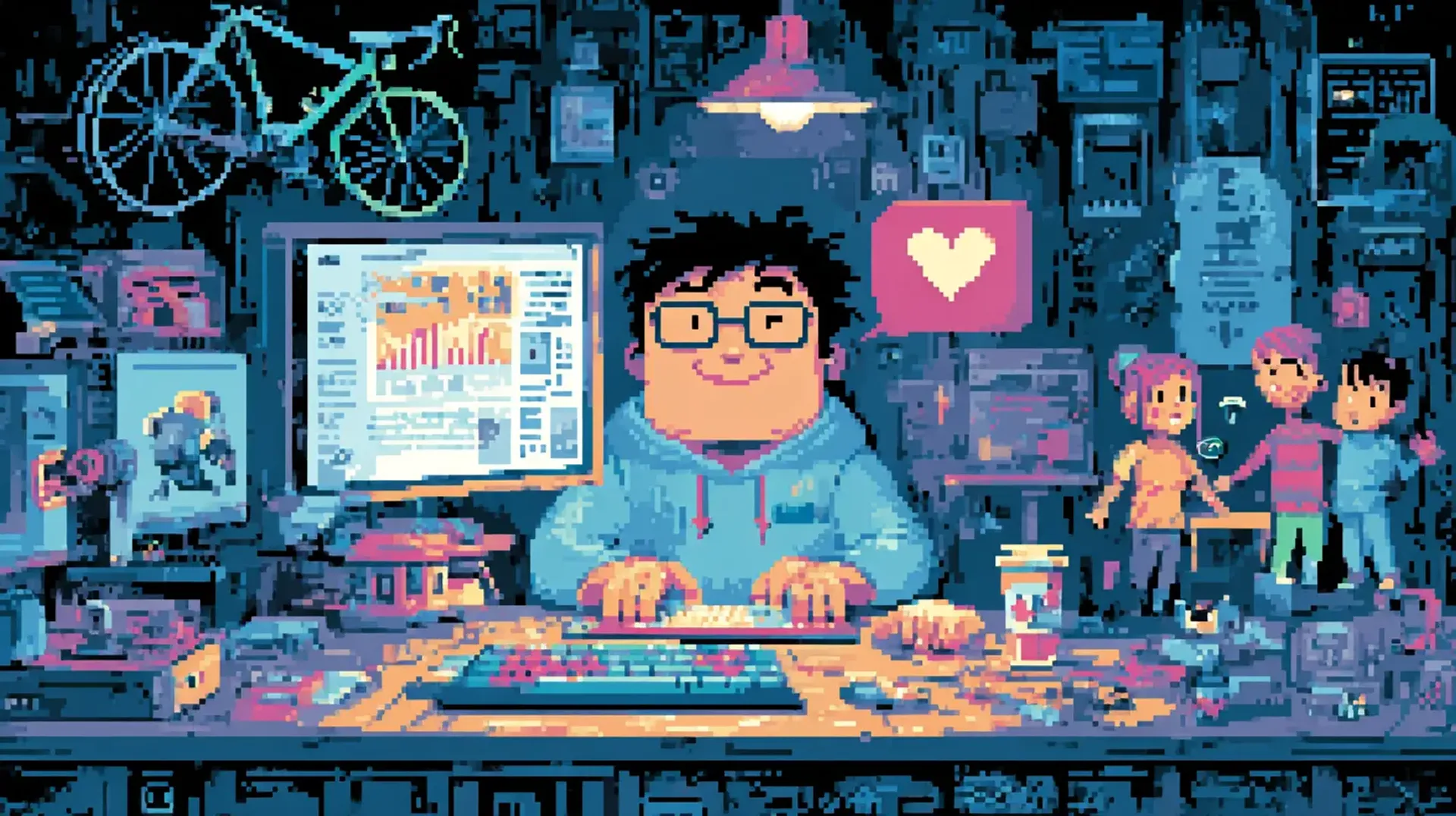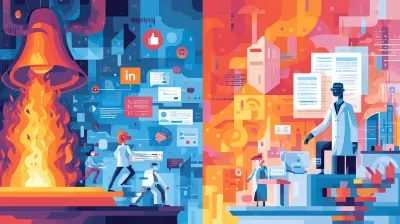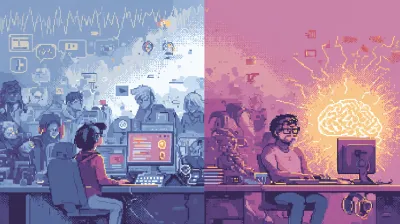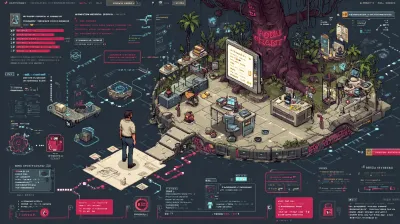I’ve been without full-time employment for months. I’m helping startups I believe in, but it doesn’t pay enough to live on. I’m not sending applications anymore. The broken system isn’t worth the energy.
I should be miserable. By every external metric, I’m failing: no stable full-time role, inconsistent income, no validation from hiring managers who think LeetCode is a proxy for skill.
But here’s the strange part: I’m happier in my craft than I’ve ever been.
Not “toxic positivity, everything happens for a reason” happy. Actually, genuinely happier doing the work itself. Building side projects, deepening my skills, solving problems I care about, building products that matter to me.
The Landscape
Over 180,000 people laid off from tech in 2025 so far. Companies went from 1-5 resumes per week to 300+. One senior role got 600 applications in two days. The hiring freeze is entering its third year.
Salesforce isn’t hiring engineers in 2025 (30% productivity boost from AI). Microsoft’s code is 30% AI-written, and 40%+ of their recent layoffs targeted engineers. Zuckerberg says AI will function as a mid-level engineer by 2025. We’re already there.
AI is replacing coding jobs because it’s a force multiplier in the hands of senior engineers. Early-career engineers are getting hit hardest, exactly when they need to break in.
The Dichotomy
Stoicism has one core insight: separate what you control from what you don’t.
What I can’t control: Over 180,000 layoffs. AI disruption. 600 applications per role. Hiring managers filtering for LeetCode instead of shipped work. Interview processes testing binary tree inversions instead of real skills.
What I can control: The code I write today. The projects I build. My response to rejection. How I spend my time. Whether I give up or keep going.
The asymmetry hit me: I control almost nothing about outcomes (getting hired, market conditions, AI timelines), but everything about inputs (effort, craft, persistence).
You can’t control being applicant 437 of 600. But you can control whether you build something today.
— Marcus Aurelius, MeditationsYou have power over your mind, not outside events. Realize this, and you will find strength.
What I Discovered
Here’s what surprised me: I’m happier in my craft now than when I had a job. Not happier overall (rent still exists, financial stress is real). But happier in the actual work.
When I had a job, happiness meant external validation: promotions, reviews, manager approval. The work itself was a means to an end. Now? The work is the point. I’m building because I care about the problem, not to impress a hiring manager.
But it’s not just the craft. It’s the people.
I’ve met fantastic engineers and made genuine friends. Not networking-for-jobs friends. Actual friends who geek out about the same problems. I’ve trained dozens of engineers in agentic development for free. Not for resume padding. Because they asked, I knew how, and helping felt good.
I’m writing again. This blog, these essays. When I was employed, I never had time. Too many sprints, too many standups. Now I have space to think and contribute ideas instead of just shipping tickets.
I’m looking after myself. Losing weight. Getting healthier. Spending actual time with my family, not just weekends between burnout sprints. When work consumed 60+ hours a week, health and family were things I’d “get to eventually.” Now they’re not negotiable.
I’ve never felt so connected to my craft and the community. Not the LinkedIn performance community. The real one. People building things, solving problems, helping each other.
Adversity stripped away the transactional layer and left something real: craft, community, health, family. The things that actually matter.
Why the System Optimizes for the Wrong Things
The industry taught me that happiness comes from getting hired at prestigious companies, passing LeetCode interviews, titles like “Head of Engineering” or “CTO,” and total compensation packages. All external. All outcomes I can’t control.
A hoop to jump through on the way to the real prize: validation.
Max Howell, who created Homebrew (used by 90% of developers), got rejected by Google because he couldn’t invert a binary tree on a whiteboard.
The system selects for people who are good at performing validation rituals (whiteboard coding, algorithm trivia, interview charisma) instead of people who love the craft. It filters out people who want the work itself.
Online coding tests focus on algorithms and data structures under time constraints, but they don’t assess debugging, working with existing codebases, or architecture. Most engineers never use graph traversal or binary tree manipulation in daily work. The format encourages rote learning over the critical thinking that actually matters.
What This Doesn’t Solve
Stoicism doesn’t pay rent. It doesn’t fix the broken hiring market. It doesn’t un-lay-off over 180,000 people. It doesn’t stop AI from disrupting the industry.
This isn’t toxic positivity. Not having stable income is hard. Financial stress is real. The job market is objectively broken. I’m not thriving by capitalism’s scoreboard.
But focusing on what I can control (craft, community, health, family) instead of what I can’t (hiring outcomes, market conditions) made the difference between giving up and keeping going.
Stoicism won’t get you hired. But it might help you discover what you’ve been sacrificing for a paycheck.
What Actually Matters
Control is asymmetric: You control almost nothing about outcomes (hiring decisions, market conditions, AI timelines). But you control everything about inputs (effort, learning, persistence, health, relationships). Focus there.
Genuine beats transactional: When employment was the goal, everything became a means to that end. Now I help because I can. I learn because I’m curious. I connect because I like the people. I take care of my health because I matter. That shift changes everything.
I’m still looking for more income. I’m still navigating a broken system that filters for interview performance over actual skill.
But I’m also happier than I’ve ever been. Not just in my craft - in my life. The work, the community, my health, my family. The things I can actually control.
The industry will fix itself or it won’t. AI will stabilize or it won’t. Hiring will get better or it won’t.
But the code I write today, the people I help, the health I build, the time with my family? That’s mine. And that’s enough.



